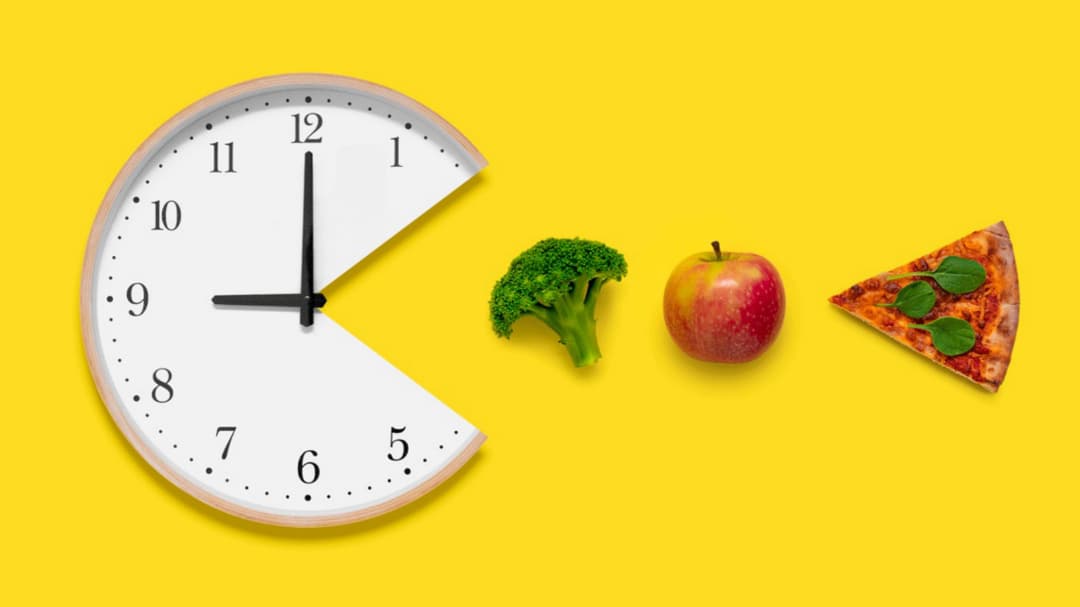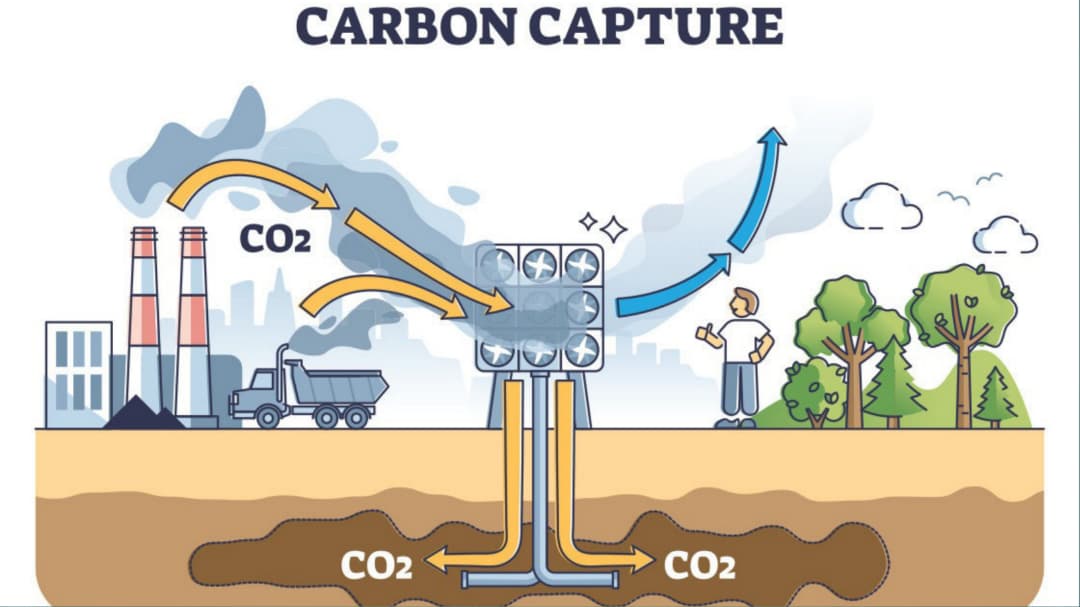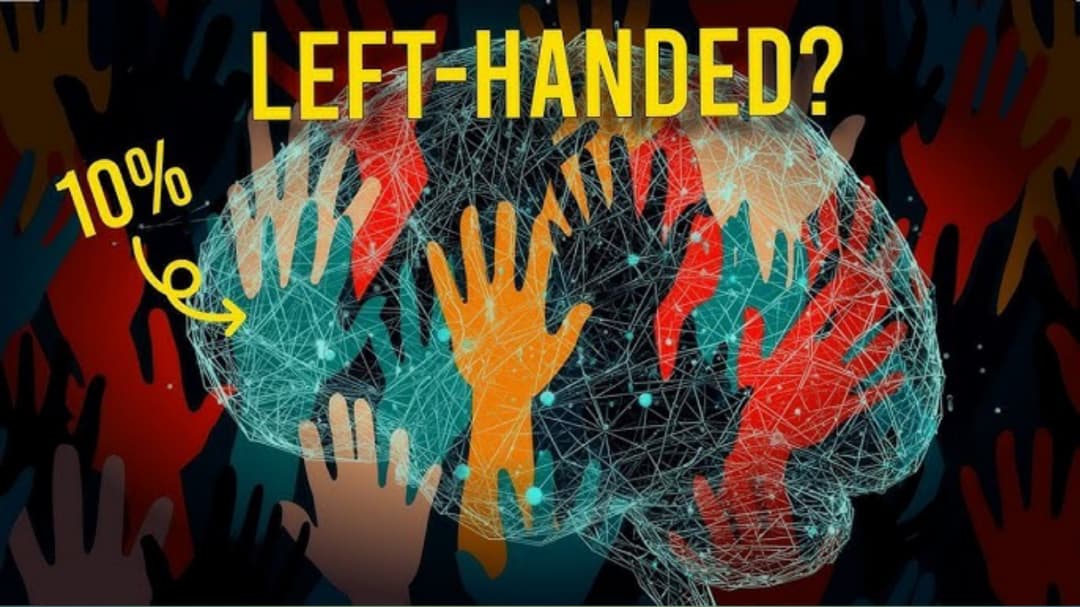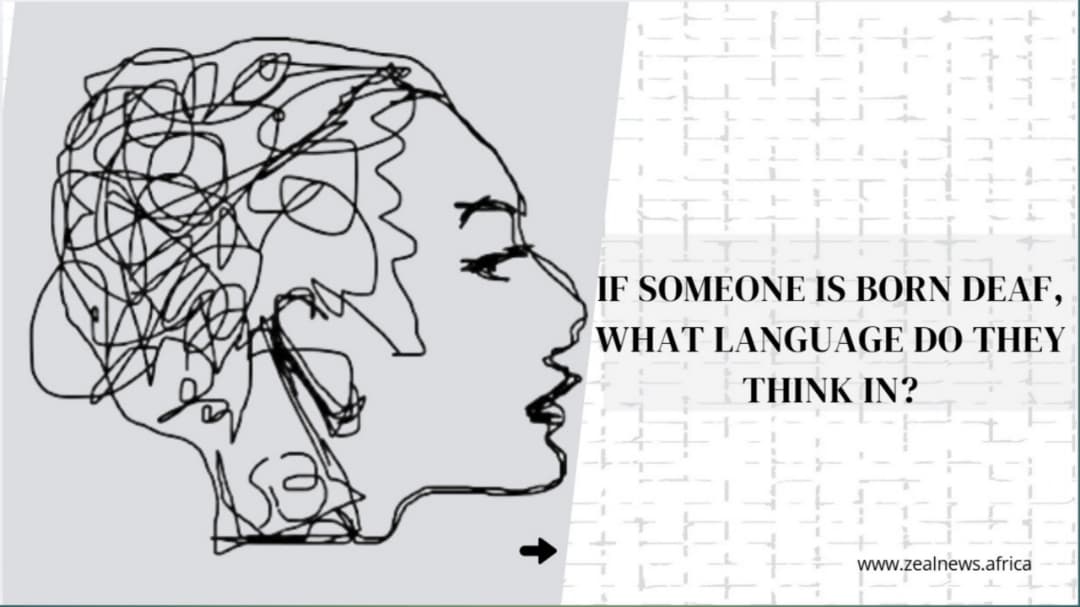The End of Minimalism: Why We’re Choosing Meaning Over Aesthetic
Minimalism once promised freedom, clear spaces, calm minds, and curated simplicity. But after a decade of beige rooms, capsule wardrobes, and empty walls, people are beginning to crave something richer: meaning. The quiet rebellion against “less is more” is shaping a new design philosophy, one that values connection, culture, and emotion over aesthetic restraint. Across Africa and beyond, a new movement is taking shape: meaningism.
Minimalism, as popularized by influencers like Marie Kondo and documentaries such as Minimalism: A Documentary About the Important Things, wasn’t just an aesthetic, it was a coping mechanism for a world drowning in excess. The early 2010s were defined by consumer burnout: fast fashion, endless notifications, and a culture that equated busyness with worth.
But in trying to escape that chaos, minimalism created its own trap. A new kind of pressure emerged the pressure to own perfectly curated nothingness. Homes began to look the same. Personal style became a color palette of beige. Even self-expression became streamlined.
As one viral TikTok user quipped, “Minimalism told us to declutter our closets, but it also decluttered our personalities.”
Now, post-pandemic life has reignited a hunger for texture both literal and emotional. People want color, connection, and comfort. Meaning, it seems, is making a comeback.
“Meaningism” isn’t a marketing term, it’s an evolution. It reflects a shift from visual minimalism to emotional intentionality. Where minimalism was about owning less, Meaningism is about valuing more.
You see it in how people design their homes, their work lives, even their relationships. They’re asking: Does this make me feel alive?Does it tell a story?
According to cultural analyst Dr. Emily Esfahani Smith, author of The Power of Meaning, humans are not wired to pursue happiness or tidiness, we’re wired to pursue purpose. “We’ve spent years organizing our spaces,” she says, “but now we’re trying to organize our souls.”
Meaningism invites people to keep things that carry stories: a grandmother’s woven basket, a handwritten letter, a mended chair. It’s not clutter; it’s connection.
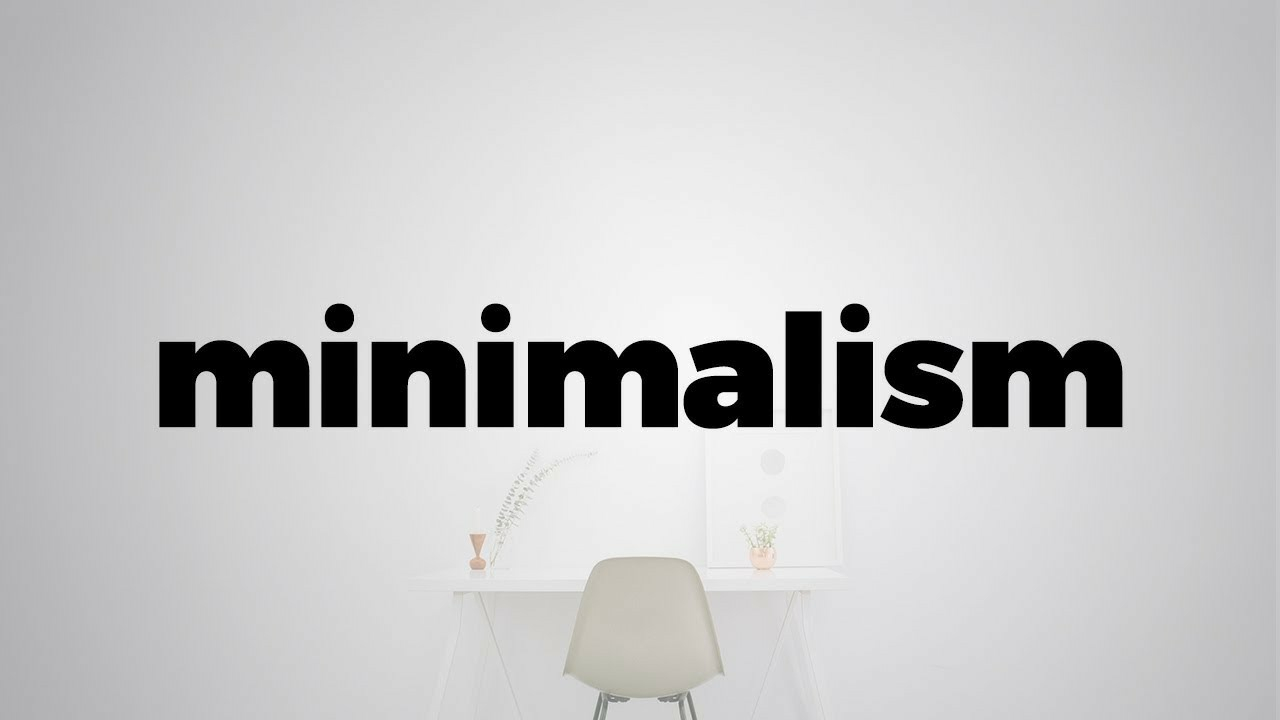
The Meaning Economy: When Consumers Choose Stories Over Stuff
The cultural turn toward meaning is also reshaping consumer behavior. People are spending more, not less but differently. A 2024 report by Deloitte Insights notes that modern consumers prioritize values over value, seeking products that reflect identity and integrity rather than price alone.
That explains the rise of slow fashion brands like Brother Vellies, which centers African craftsmanship, or Patagonia, whose “Don’t Buy This Jacket” campaign urged mindful consumption long before sustainability became trendy.
It’s also visible in digital spaces: creators are abandoning perfectly staged feeds for what’s now called “intentional authenticity.” On Instagram, the polished grids of the minimalist era are giving way to photo dumps, unfiltered moments, and captions that read like journal entries.
Meaningism, in other words, isn’t just about stuff. It’s about substance.
Part of Meaningism’s appeal is its emotional honesty. After years of productivity hacks and performative wellness, people are tired of optimization. They want real life, even if it’s messy.
Psychologists argue that minimalism often appealed to people seeking control, a way to soothe anxiety through order. But control, as the past few years have shown, can’t protect anyone from chaos.
Dr. Laurie Santos, host of The Happiness Lab, notes that “happiness doesn’t come from reducing discomfort; it comes from building meaning out of it.” Meaningism embraces that discomfort, it welcomes imperfections as proof of life.
It’s why ceramic mugs with cracks are trending, why wabi-sabi (the Japanese philosophy of beauty in imperfection) has gone mainstream again, and why handmade crafts, vintage pieces, and emotional mementos are back in fashion.
Online, Meaningism represents a rebellion against the algorithm. For years, minimalism’s sleek visual language; clean lines, soft tones, negative space dominated Instagram and Pinterest. But users have grown weary of sameness.
Now, creators are curating feeds that reflect feeling rather than perfection. Think chaotic photo walls, mixed media collages, or digital journals. Platforms like Substack, Notion, and Pinterest Moodboards are fueling this shift by encouraging longer reflections, notes, and creative organization rather than likes and shares.
In essence, people are tired of looking polished; they want to look present.
And for brands, this is crucial. Companies that build genuine emotional connections through storytelling, transparency, or community are outperforming those still selling lifestyle fantasies. Meaningism rewards honesty over aspiration.
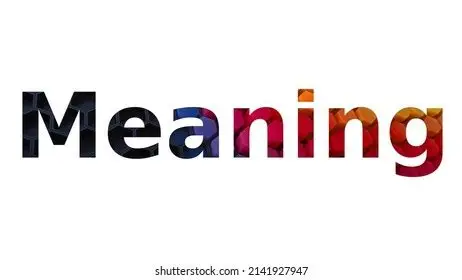
The Meaningful Home
The new home isn’t minimalist, it’s meaningful. Decor trends are shifting from sterile simplicity to expressive intimacy.
A recent Pinterest Trends Report shows rising interest in “sentimental spaces,” with searches for “memory walls,” “heirloom furniture,” and “handmade ceramics” doubling over the past year. People are designing rooms that tell their personal histories not just look good on camera.
The “perfect” home of the minimalist age looked like a boutique hotel. The meaningful home looks like you’ve lived there, books stacked sideways, candles burned down, family photos layered over art prints.
Interior designer Justina Blakeney, known for her “Jungalow” aesthetic, once said, “Your home should tell your story, not someone else’s.” That’s Meaningism in a sentence.
Work, Purpose, and the Search for Significance
The Meaningism movement extends beyond lifestyle it’s rewriting how people work. The “Great Resignation” wasn’t just about burnout; it was about the hunger for significance.
A McKinsey & Company study found that 70% of employees define their sense of purpose through their careers. Meaning-driven companies those that prioritize social impact, creativity, or human well-being report higher retention and engagement.
Entrepreneurs, too, are rethinking success. Instead of “scaling fast,” the new goal is “building meaningfully.” That’s why small-batch makers, community-based startups, and ethical brands are thriving. The new business model isn’t growth, it’s grace.
When ‘Less’ Became Loneliness
Minimalism’s emotional cost is only now being fully understood. By stripping away too much, it often stripped away connection.
Sociologists call it the loneliness of less, the alienation that comes from over-curation. Empty spaces can become emotional voids. Meaningism refills them with life; laughter, imperfection, noise, warmth.
It’s not anti-minimalism, but a correction. It acknowledges that simplicity is good, but emptiness isn’t the goal.
As writer Courtney Carver, one of minimalism’s early advocates, recently reflected on her blog Be More With Less:
“Minimalism helped me clear the clutter, but meaning helped me keep what mattered.”
Meaningism and Mental Health
The shift toward meaning isn’t just aesthetic, it’s therapeutic. Psychologists link meaningful living to lower rates of depression, anxiety, and burnout. According to The Journal of Positive Psychology, individuals who define their lives by purpose rather than pleasure report greater long-term well-being.
This explains the rise of values-based therapy, journaling, and reflective practices in wellness culture. People are realizing that mindfulness isn’t about blanking the mind, but filling it with what matters.
Even social media movements like #SoftLifeAfrica which began as a luxury trend are evolving toward inner peace and self-worth. It’s not about living softly; it’s about living meaningfully.
Meaningism offers something that minimalism never could: a sense of belonging. It’s less about emptying space and more about enriching it with memories, rituals, and relationships.
Cultural historian Bayo Akomolafe puts it this way: “We are not meant to master life, but to participate in it.” In a world that often feels fragmented, Meaningism invites participation again in community, creativity, and care.
Where minimalism sought clarity through subtraction, Meaningism seeks wholeness through connection.
Meaningism isn’t a rejection of minimalism but its natural evolution. It asks us to hold on to what matters, to create rather than curate.
The next cultural revolution won’t be about owning less or more, it will be about belonging deeply. The things we choose to keep, the people we hold close, the work we give our energy to all will be measured by meaning, not metrics.
Because in the end, a life that looks good is fine. But a life that feels good, that’s where the real richness lies.
You may also like...
When Sacred Calendars Align: What a Rare Religious Overlap Can Teach Us

As Lent, Ramadan, and the Lunar calendar converge in February 2026, this short piece explores religious tolerance, commu...
Arsenal Under Fire: Arteta Defiantly Rejects 'Bottlers' Label Amid Title Race Nerves!

Mikel Arteta vehemently denies accusations of Arsenal being "bottlers" following a stumble against Wolves, which handed ...
Sensational Transfer Buzz: Casemiro Linked with Messi or Ronaldo Reunion Post-Man Utd Exit!

The latest transfer window sees major shifts as Manchester United's Casemiro draws interest from Inter Miami and Al Nass...
WBD Deal Heats Up: Netflix Co-CEO Fights for Takeover Amid DOJ Approval Claims!

Netflix co-CEO Ted Sarandos is vigorously advocating for the company's $83 billion acquisition of Warner Bros. Discovery...
KPop Demon Hunters' Stars and Songwriters Celebrate Lunar New Year Success!

Brooks Brothers and Gold House celebrated Lunar New Year with a celebrity-filled dinner in Beverly Hills, featuring rema...
Life-Saving Breakthrough: New US-Backed HIV Injection to Reach Thousands in Zimbabwe

The United States is backing a new twice-yearly HIV prevention injection, lenacapavir (LEN), for 271,000 people in Zimba...
OpenAI's Moral Crossroads: Nearly Tipped Off Police About School Shooter Threat Months Ago
ChatGPT-maker OpenAI disclosed it had identified Jesse Van Rootselaar's account for violent activities last year, prior ...
MTN Nigeria's Market Soars: Stock Hits Record High Post $6.2B Deal

MTN Nigeria's shares surged to a record high following MTN Group's $6.2 billion acquisition of IHS Towers. This strategi...


